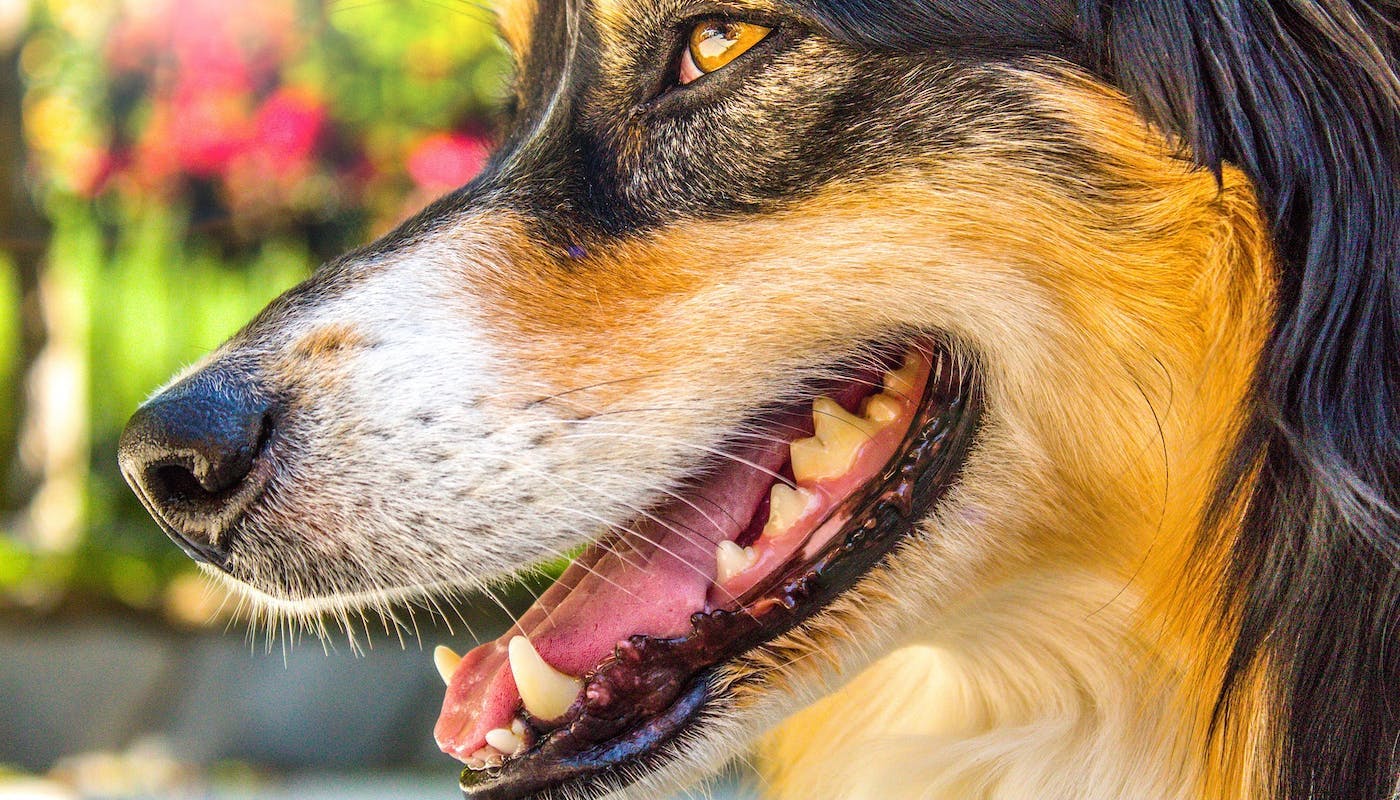Are Dogs’ Mouths Cleaner Than Human Mouths?
It’s never been proven that dog mouths are cleaner than human mouths (partly because everyone is different, but also because scientists have more pressing matters to attend to). And it’s widely thought that this well-known statement is actually a myth.
Is Dog Saliva Antibacterial?
Mammals have an instinct to lick wounds, and there’s some basis for this.
It’s true that saliva has mild antibacterial properties. This means that dogs – and other mammals – are equipped with a built-in wound cleanser. It’s a useful function; the act of licking will also remove debris from the wound in the first instance. However, if the dog keeps on and on and on, they’re at risk of causing hot-spots or preventing healing.
What’s Inside Your Dog’s Mouth?
The average human mouth is teeming with billions of bacteriahttps://news.harvard.edu/gazette/story/2002/08/discovering-what-lives-in-your-mouth/ – they come for the warm, humid conditions, and stay for the sugary food particles. Yuck! What about our dogs? It’s thought that similar numbers can be found lurking in their mouths, too: maybe around 600 different species of bacteria, according to the American Kennel Club.
However, a large proportion of the bacteria found inside your dog’s mouth are not zoonotic (transferable between animals and humans). In other words, when your dog gives you a sloppy kiss, there’s not too much to be worried about (setting aside the drool, of course). There are some exceptions: the risky bacteria include Capnocytophaga, which can cause human sepsis, Salmonella and E.Coli.
How’s your dog’s dental hygiene? If you don’t brush their teeth/learn/dog-health/dental-health-in-dogs-everything-you-need-to-know, you’re allowing extra bacteria to fester – one of the causes of dental decay. While canine decay is caused by a different type of bacteria to human decay, it’s still an undesirable invader in the mouth.
Why Does Your Dog Lick You?
Dogs lick their owners for several (extremely good and important) reasons.
- Newborn pups are licked by their mom for cleaning, and they will often remember that habit to try out on their new owners. Licking can become habitualized as part of a greeting ritual (but if it bugs you, try to create a distraction with their favorite toy).
- If you appear to be upset or crying, your dog’s also quite likely to use licking as a comforting tool. If you offer an inadvertent reward (a stroke or nuzzle), your dog will feel that licking is acceptable.
- Sometimes licking becomes an anxious response which the dog uses when they’re stressed and if that’s the case, you should consult your vet and/or try to discover the source of stress.
Many dogs offer the occasional lick, and guests might not always appreciate it. Next time you’re wiping away drool, remember that it’s well-documented that families with dogs have better rates of immunity against disease; even petting a dog has been shown to increase the immune system.https://pubmed.ncbi.nlm.nih.gov/15762389/ Which leads us on to our next question…
Do Dogs Carry COVID-19?
During the world pandemic, there was a bit of a rush to find out. To our great relief, researchers discovered that dogs and cats – while carrying small numbers of the COVID-19 virus – did not appear to be infecting their owners. One 2020 studyhttps://www.ncbi.nlm.nih.gov/pmc/articles/PMC7215164/ even suggested that owners’ exposure to the virus helped them to develop an improved immunity and become less likely to catch it.
